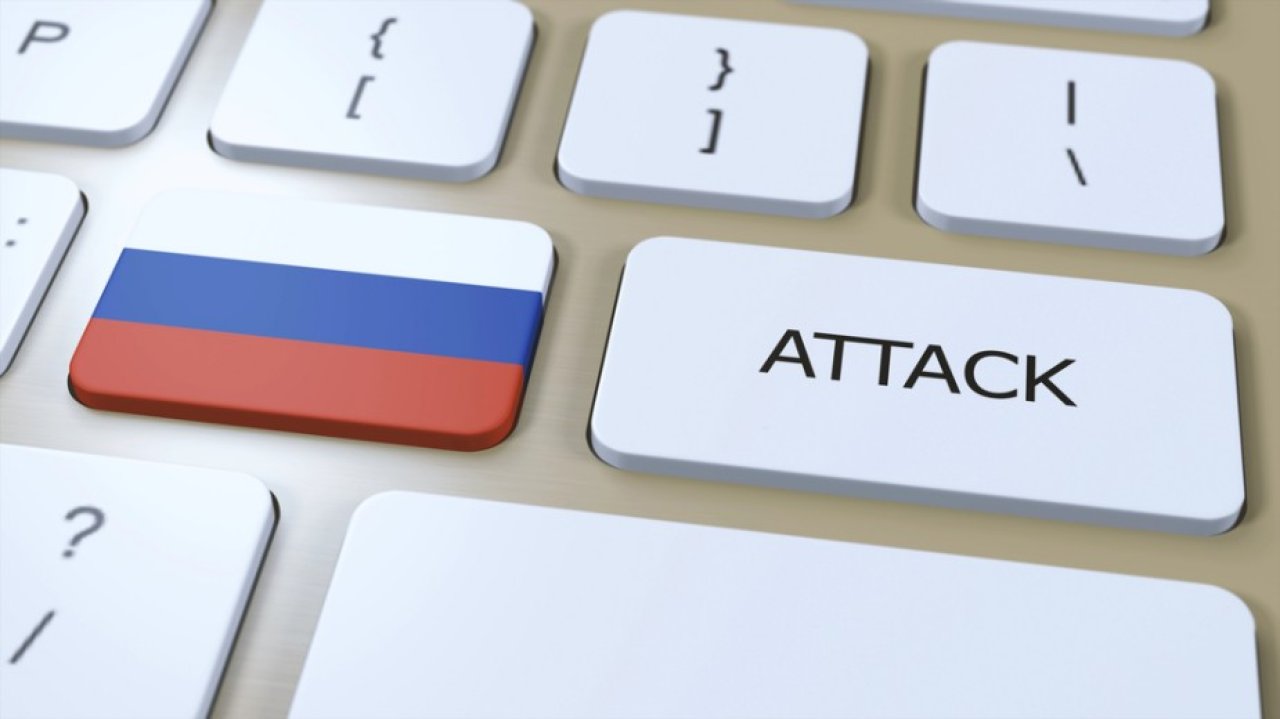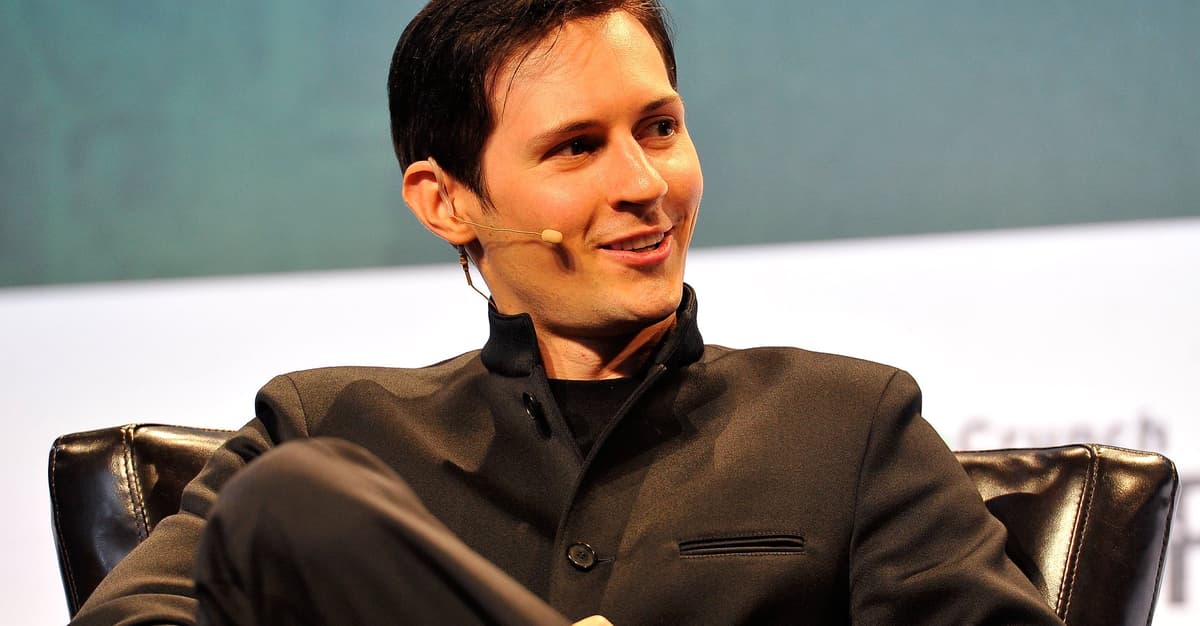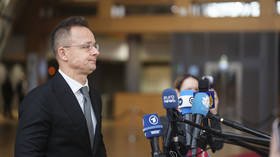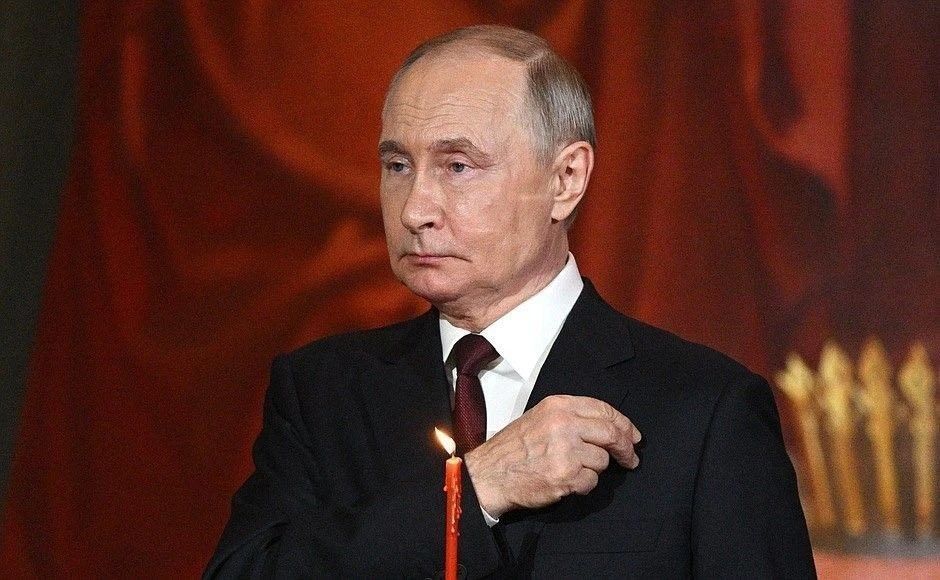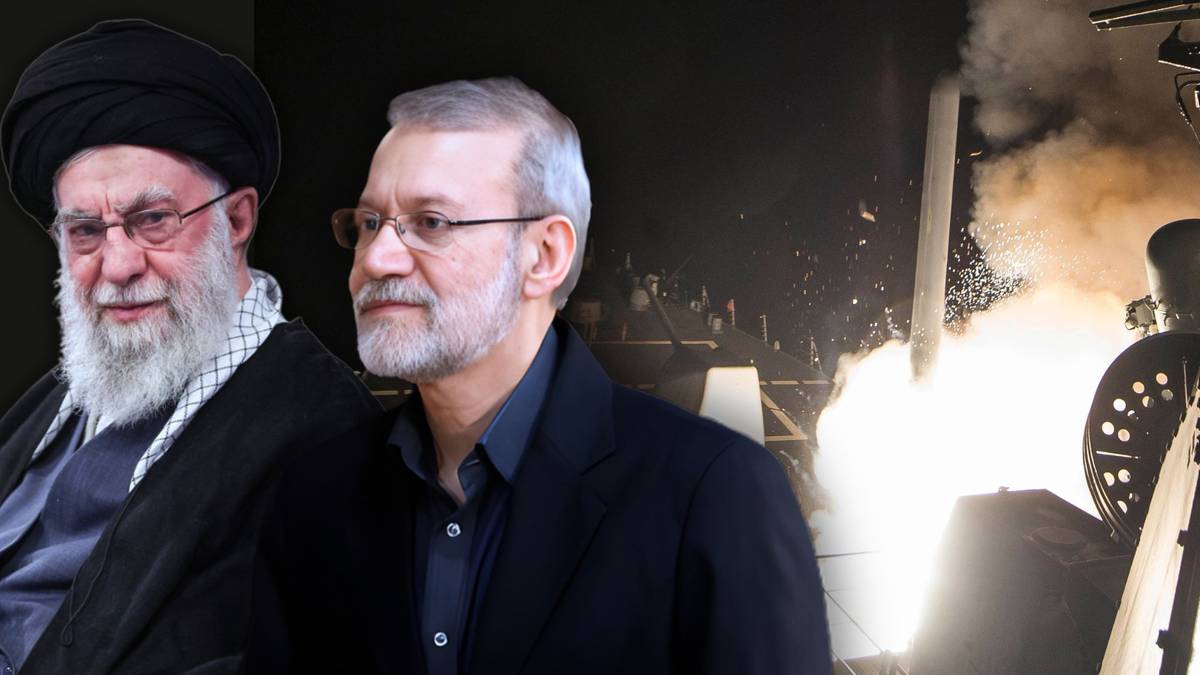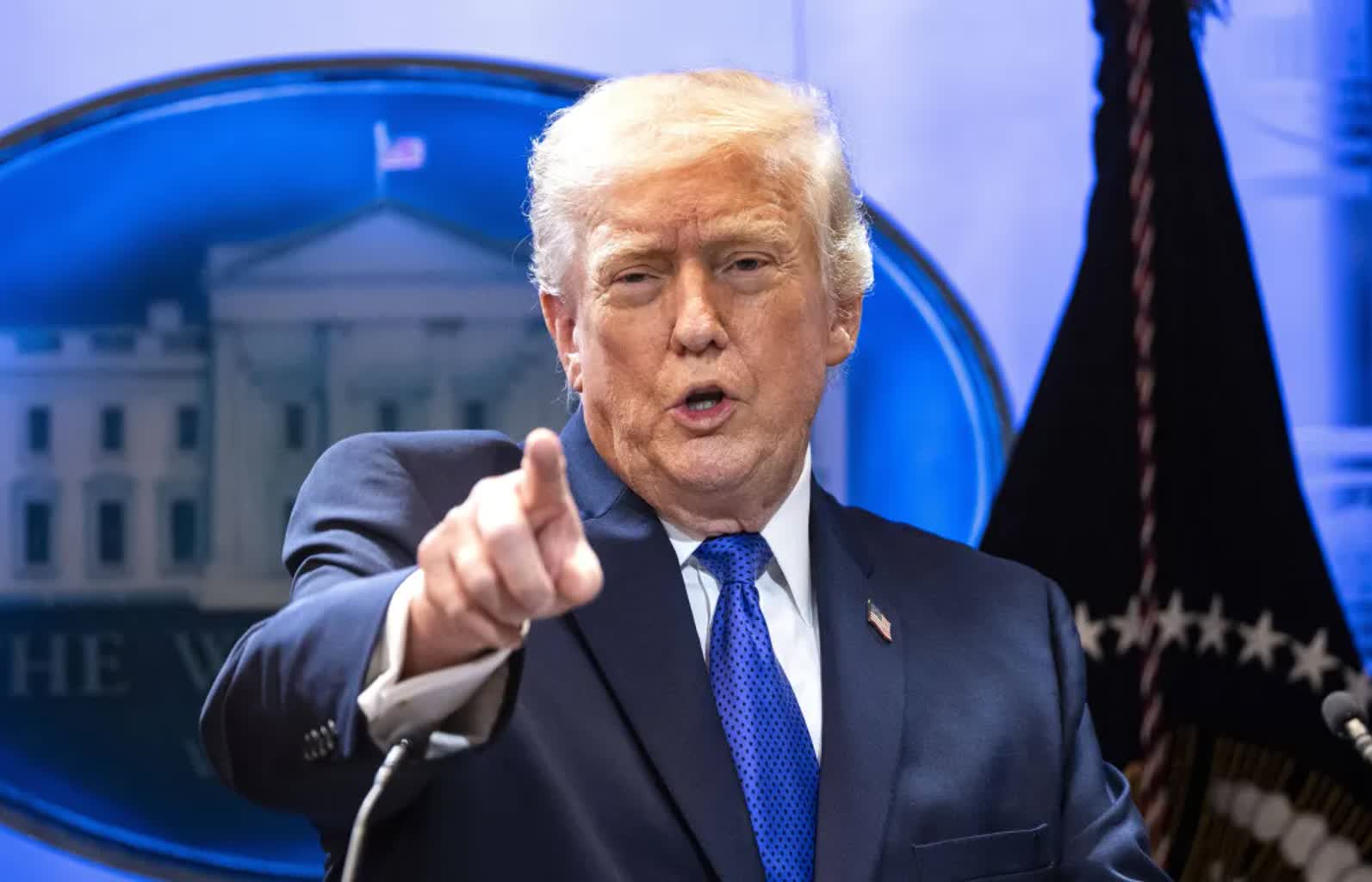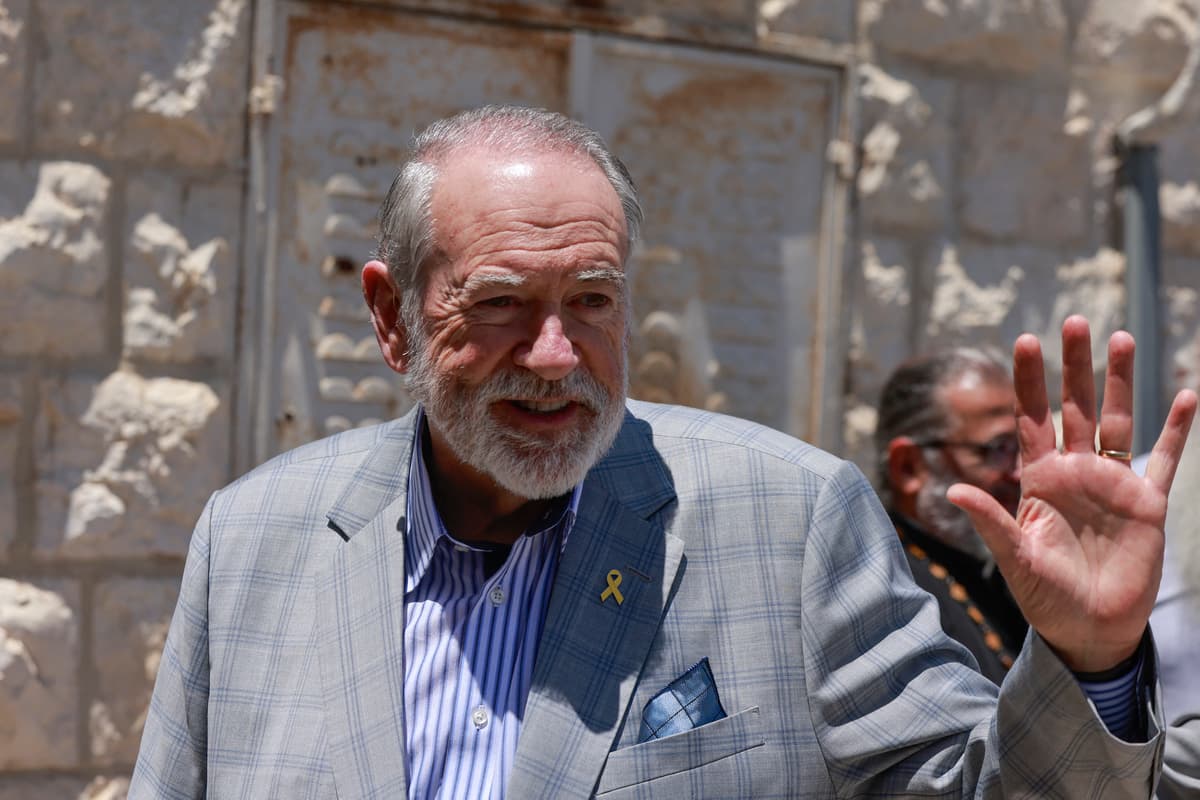Moscow promotes a fresh “application for everything”. The Russians are mocking the hatchet propaganda. “With Max they will catch you even in the elevator!”
news.5v.pl 5 months ago
- Homepage
- Russia
- Moscow promotes a fresh “application for everything”. The Russians are mocking the hatchet propaganda. “With Max they will catch you even in the elevator!”
Related
"Duża część Polaków kupiła rosyjską propagandę"
6 hours ago


